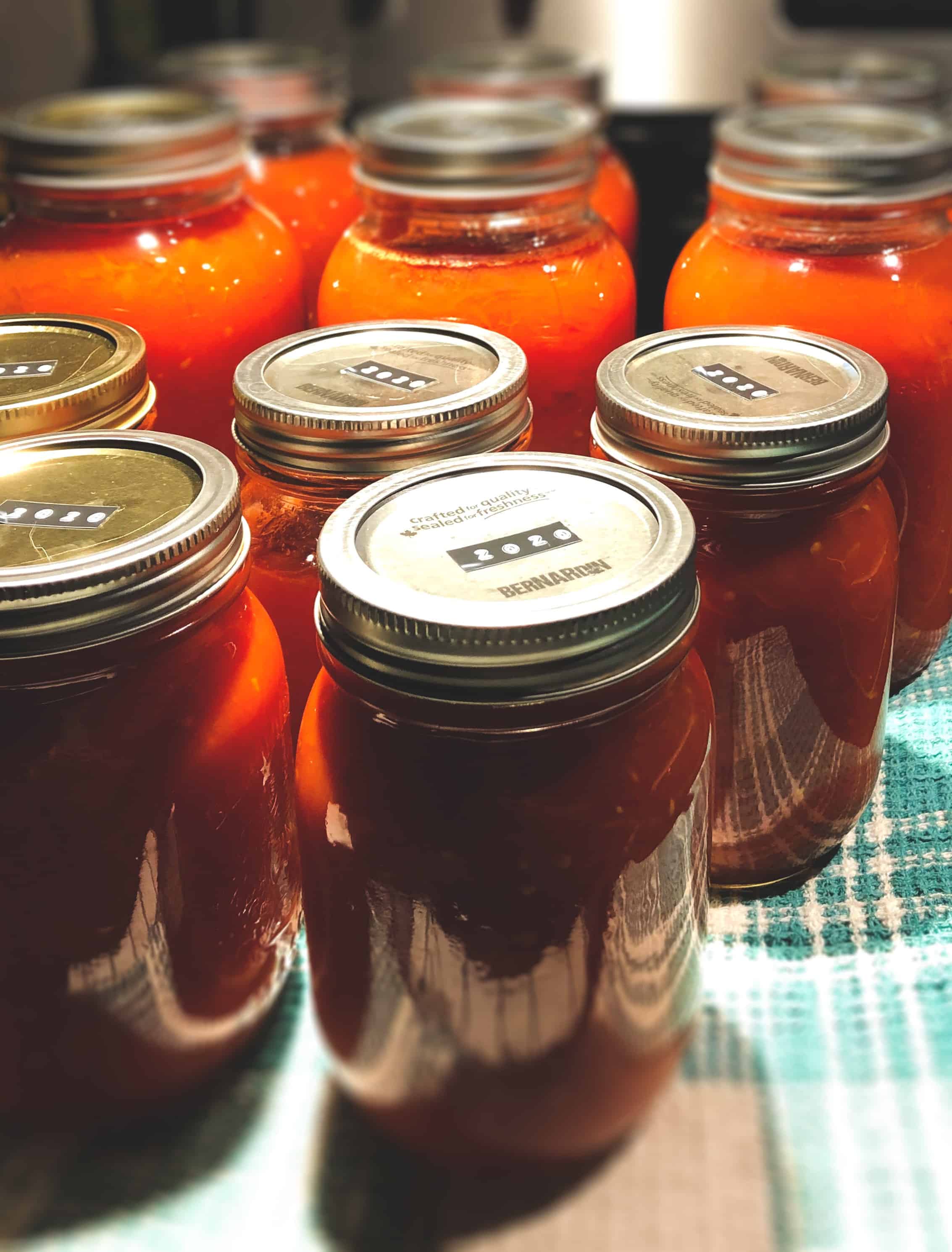- Phone: 306-970-1552
- connect@gentleprocessing.ca
- 18-301 South Industrial Dr. Prince Albert, SK S6V 7L7, Canada

Food processing measures have been in place in the United States since the mid-1800s and during that time, we have drastically changed and progressed how our consumables are processed. Making food safe is important and various measures have been enacted to ensure optimal safety of food. Evolution in the food industry is apparent and here are some things that have changed throughout the years.
Have you ever seen a movie set in the old west or older television shows that were set before modern home amenities? Notice the kitchen set up. Generally, food is gathered from the land in these movies and eggs are among the most notable feature in any kitchen. However, you will not see any evidence of refrigerating those eggs. They are simply set on the counter or in a basket resting above the counter. Eggs have not always been refrigerated and in many countries, eggs remain at room temperature.
Here in the United States, eggs are refrigerated. According to the FDA, refrigerating eggs is required due to intense washing procedures during processing. Farm fresh eggs maintain a membrane on the outside of the egg which helps to prevent spoiling the FDA approved washing procedures eliminate this membrane, so refrigeration is necessary to extend the shelf life of store-bought eggs.
Before the age of modern refrigeration, milk was brought to the door by the local milk man. He made his rounds daily to provide fresh milk to homes that did not have their own source of milk from dairy cows. In some of the older homes, there is still a milk door that was used during this time, so the homeowner did not have to answer the door just to get milk. If this were not enough, milk types in the United States have changed as well.
We are no longer subjected to merely cow’s milk as an option, but other milk products derived from more wholesome and body friendly entities. With so many people being affected by milk related allergies, almond milk, soymilk, flax milk, oat milk, and many other milk substitutes have emerged. No matter what milk related ailment you may have, it is easy to find a substitute in the United States.
Canned food dominates food stores in the United States, and it is among the most sustainable sources for quality food. Canning food has been around since 1912 when the first commercial canning in the US was established. Before canning, food was dried with salt or sugar or kept in storage areas outside the home in colder climates. Canning offered the perfect solution and was eventually adapted for home canners with the use of a pressure cooker. These days, modern canning facilities can take food from farm to can in a matter of hours with strict sanitizing procedures in place.
With the evolution in food processing ongoing, new technologies are making food safer than ever before. Among these technologically advanced processing measures is Gentle Processing™. Gentle Processing™ is a procedure that utilizes a specified energy resource to rid food of bacteria and contaminants that could, potentially make humans ill. If your food is not using Gentle Processing™ is it really as safe as you want to think?